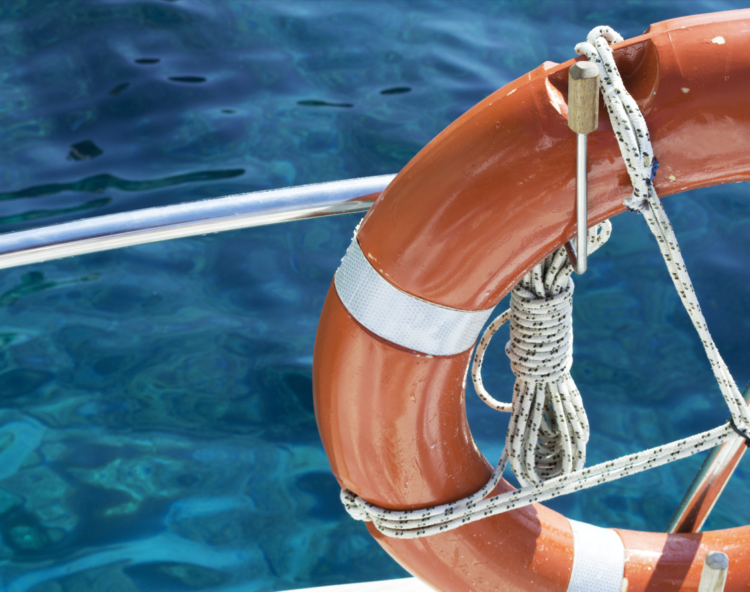As the cost of living essentials has risen over the past few years, emergency savings need to have grown by an average of £1,000 to keep pace, according to the latest findings from Hargreaves Lansdown.
However, HL’s research found that only 63 percent of people have enough emergency savings, while for people on the lowest incomes just 27 percent have adequate savings.
People need to have enough cash saved to cover three to six months worth of essential expenses while you’re working and between one and three years worth in retirement.
Sarah Coles, head of personal finance at Hargreaves Lansdown, said that with the galloping inflation we’ve seen over the past couple of years, people have needed every penny to cover spending commitments.
Now inflation rate rises have slowed slightly, Coles urged people to take stock of their savings because their emergency pot could be lagging dangerously behind price increases.
Real problems
However, Coles said: “Rapid rises in essentials have caused real problems, especially for those on lower incomes. The HL savings and resilience barometer found that the lower your income, the more of it is used for the essentials. Some 83 percent of the spending of those on the lowest fifth of incomes is on essentials, compared to 51 percent among those on the highest incomes, and 59 percent on average. It means some people have struggled to cut back and have eaten into any emergency savings to make ends meet.”
Barometer figures showed that the lowest fifth of earners spend an average of £749 a month on the basics, the highest fifth spending £3,352 a month, while the average household spends £2,081 a month.
HL’s figures show that three months’ worth of essentials now costs £6,243 for the average person, which is an increase of £1,028 in two years. Six months’ worth is £12,486, which is up £2,056. A year’s worth is £24,972 a rise of up £4,113, while three years’ worth is £74,916, an increase of £12,339.
“These figures give us a useful guide as to the kinds of sums many people need, and are a reminder that your savings may well have fallen behind,” said Coles. “However, you’ll need to calculate the right figure for you. Where you fall on the spectrum of three to six months or one to three years will depend on your circumstances. There’s also a huge difference in what people consider essential. This is evident from the fact that the essentials for the highest-earning fifth of households cost around four and a half times as much as the essentials for the lowest earners.”
She added: “If you don’t have enough set aside, it’ll feel like a difficult time to build it up, but if you’re waiting for the moment in life when your costs fall and you find yourself with plenty of money, you could wait forever. Instead, it’s worth doing whatever you can afford, as soon as you can afford to do so, and build your savings in any way you can. The best place for your emergency fund is an easy access savings account or cash ISA. At the moment you can get interest of more than 5 percent on both into the bargain.”












